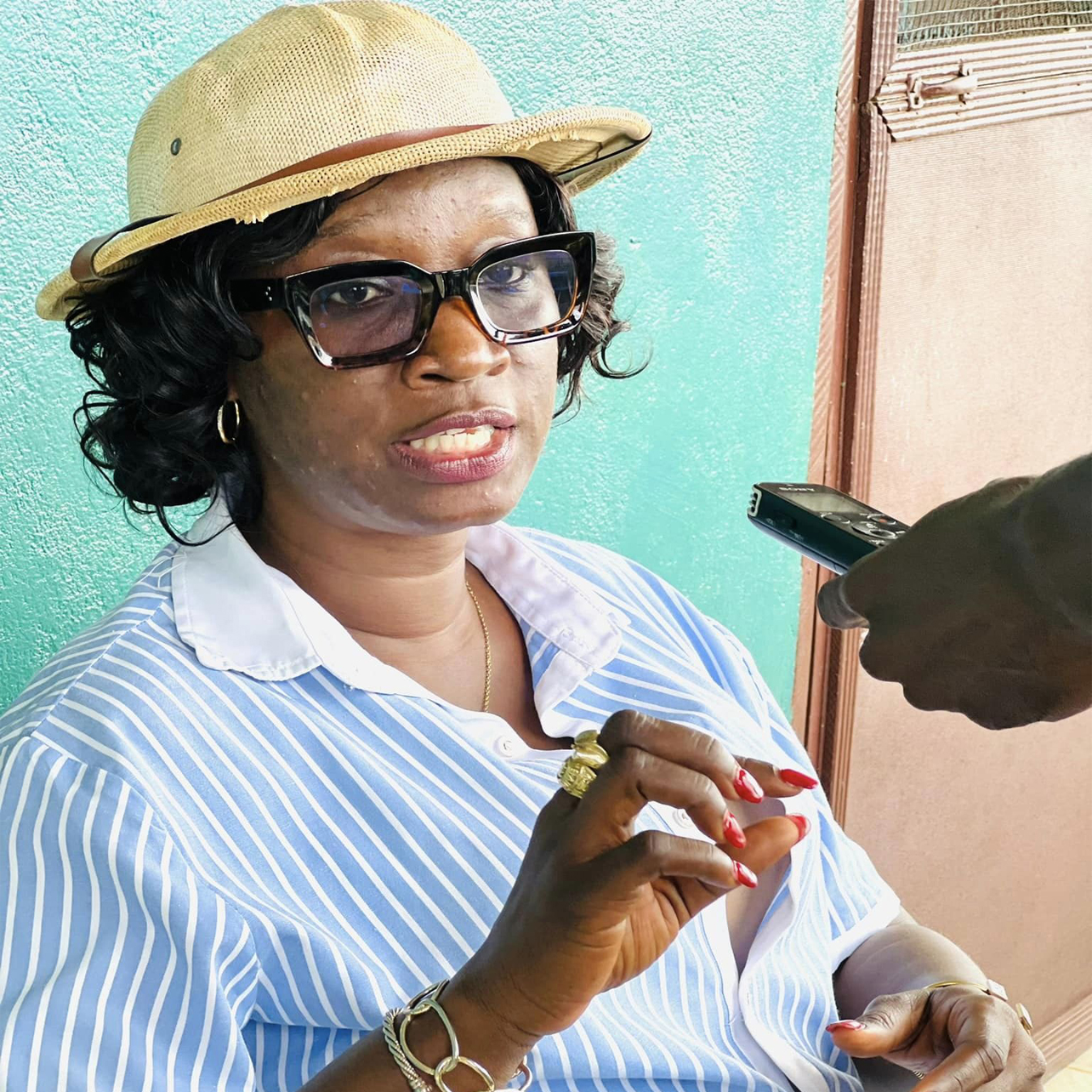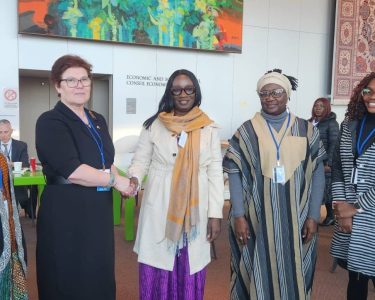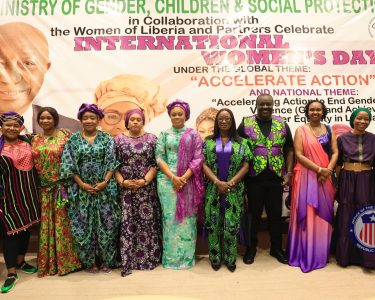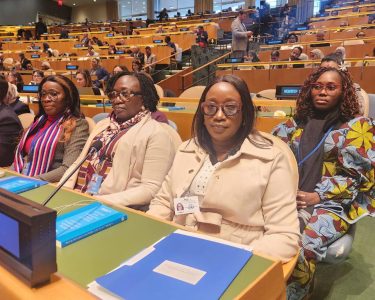The Ministry of Gender, Children and Social Protection (MoGCSP) has wrapped up the initial phase of a nationwide county tour, aimed at assessing local efforts in addressing the pervasive issue of violence against women and children.The goal of this extensive tour was to access and critically analyze ongoing situation within the local county structures with the hope to propel intervention mechanisms, ensuring that they are both effective and responsive to the unique challenges faced by each county.
The proactive approach by the new team exemplifies their dedicated effort to understand and address the needs at the grassroots level. By engaging directly with local communities and their representatives, the outreach meant to foster a more inclusive and supportive environment that can drive positive change across the counties.
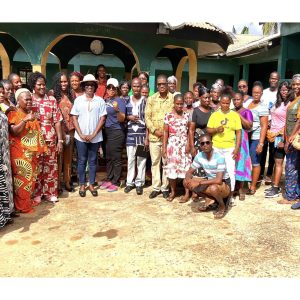
The tour, particularly spanning the six (6) southeastern counties, revealed significant gaps in service delivery, infrastructure need, indicating a pressing need for targeted interventions and policy reforms. The visits were essential for the Ministry to gauge the current operations and impact of its local structures, aiming to tailor future support and intervention strategies effectively.
With each stop, beginning with Cestos City, Rivercess to Zwedru, Grand Gedeh Counties respectively, the Ministry’s delegation encountered harrowing stories and stark realities that underscored the pressing need for reform and intervention at the county level.
Throughout the tour, the Ministry’s delegation headed by Madam Gbeme Horace-Kollie, engaged with stakeholders ranging from local authorities, law enforcement agencies, medical practitioners to community leaders, women, children and the disabled community. Their testimonies painted a distressing picture of the challenges faced by women, children and the vulnerable population, particularly in marginalized communities, where access to justice and support services remains limited.
While commendable efforts exist to support vulnerable groups, including the elderly, persons with disabilities, and survivors of violence, gaps in service delivery and resource allocation was also visible. The tour shed light on the critical need for holistic, community-driven approaches to social protection as well as recalibrated synergies to tackle violence against women and children.
Equally concerning was the plight of children who are reportedly subjected to violence and exploitation in various settings, including homes, schools, and communities.
In light of those sobering realities, the critical role of local governance structures in driving change and fostering a culture of zero tolerance towards violence cannot be ignored.
From intimate partner violence to sexual exploitation and girls retention, the scourge of violence permeates every facet of the visited counties, leaving a trail of devastation in its wake. Yet, amidst the challenges, stakeholders, community leaders and local staff were afforded the opportunity to interact, face-to-face, with the new management team at the Ministry as most of the southeastern counties extended commendation for the visit terming it as the first of its kind.
Empowering grassroots women leaders, mobilizing community resources, and raising awareness about the harmful effects of violence were essential concerns highlighted towards building a safer and more inclusive communities in the Southeast.
Simultaneously, the ministry pledged to translate dialogue into action, collaborating with stakeholders at all levels to drive sustainable change.
With a more determined approach, the ministry reechoed its steadfastness in their resolve to champion the cause of women and children, amplifying their voices, and advocating for tangible reforms that will ensure a brighter and safer future for all.
The journey towards ending violence against women and children is fraught with challenges, but with unwavering commitment and collective action, it is a journey that holds the promise of a more just and equitable society for generations to come.
Looking ahead, the Ministry maintains its commitment to forging partnerships, fostering dialogue, and driving tangible change at the local levels.
As Phase-II of the county tour looms on the horizon, the Ministry stands poised to build upon the momentum generated during Phase-I, harnessing collective efforts towards a future where women and children can live free from the fear of violence, and where every voice is heard, valued, and respected.
Key on the delegation were, Deputy Minister for Gender, Atty. Laura Golakeh, Deputy Minister of Children and Social Protection, Garmai Tokpah and the Deputy Minister for Research, Policy and Planning, Curtis V. Dorley amongst others.


